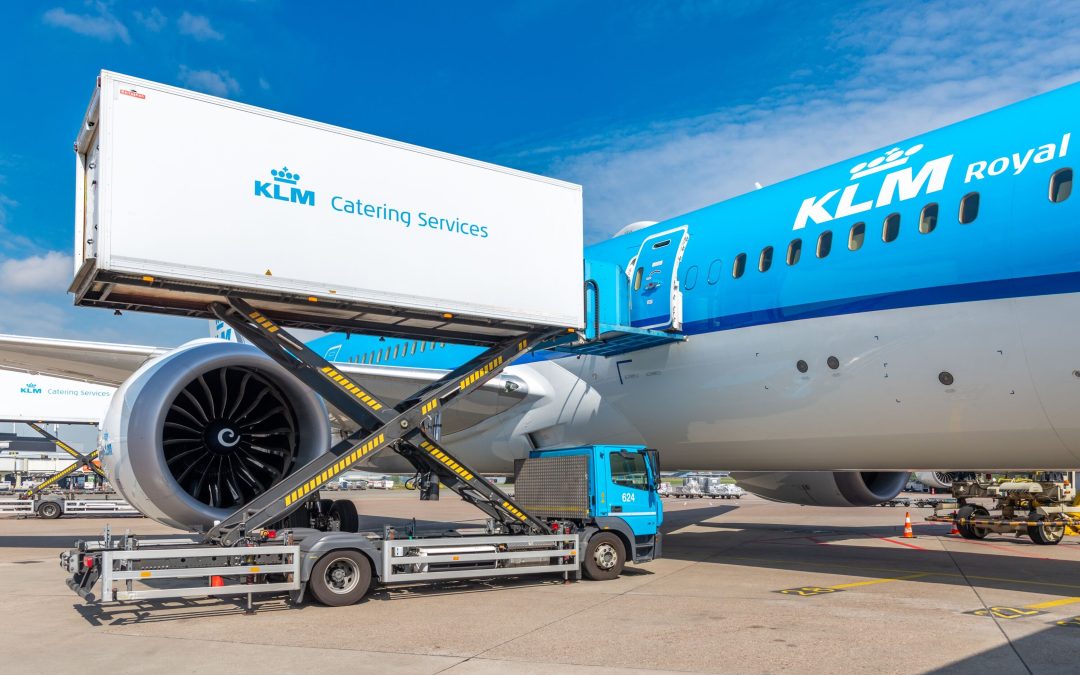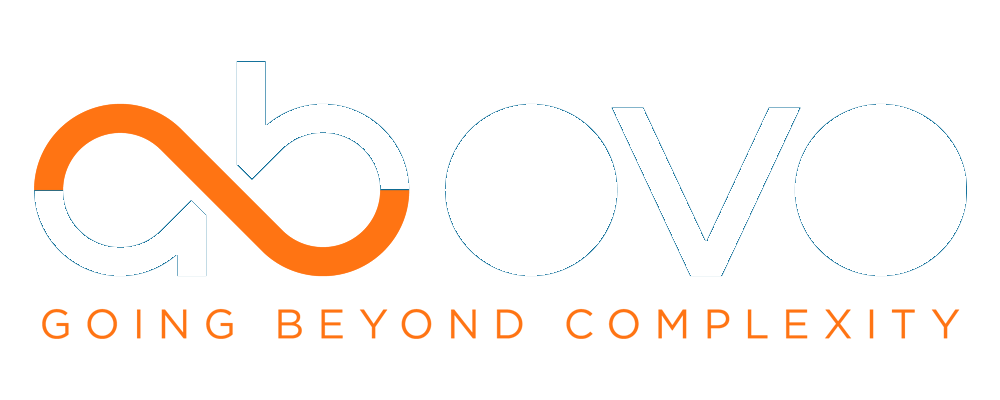Written by: Carien Mulder
Aviation | 4 mins read
Introduction
Ab Ovo has been serving KLM Catering Services (KCS) at Amsterdam Airport Schiphol for years. Since the early 2000s, Ab Ovo has developed and maintained two DELMIA Quintiq applications for KCS: MPP for manpower shift planning and workplace assignment, and CARE for catering distribution scheduling, dispatch, and control tasks on the day of operation. These tasks include the (un)loading of trucks at the dispatch area, driving from/to/between the aircraft and loading/unloading catering trolleys at the aircraft galleys.
Solutions
Both applications empower planners to create plans, enabling them to see the consequences of their decisions instantly. Any disruptions are promptly visible, allowing planners to take swift action.
Plans in the CARE application are particularly volatile due to frequent flight schedule changes and delays. Previously, planners had to create plans from scratch and manually adjust them for changes. However, recognizing the need for automated planning, KCS sought a solution that would support planners so that they could focus on managing exceptions and disruptions. This automated system enhances the efficiency of planners’ work.
Optimization
In close collaboration, Ab Ovo designed an automatic planner based on the following principles:
-
- The algorithm endeavors to schedule as many tasks as possible on the drivers’ shifts.
- Tasks are planned while minimizing the total number of late tasks and overall task delay.
- The automatic planner generates plans 4 to 9 hours in advance.
- The design and implementation occurred in two phases: initially focusing on regional flights (such as KLM CityHopper), before extending the logic to cover other European and intercontinental flights. This phased approach was chosen because regional flights are smaller, requiring less catering and simpler planning rules.
The algorithm follows a three-step approach:
It generates a vast array of possible task combinations that fit within shifts. Like most optimization scheduling puzzles, this problem cannot be solved optimally within acceptable computation times, due to the multitude of potential task combinations. The challenge lies in creating and considering only those combinations most likely to result in effective overall planning. Once this set is generated, the algorithm identifies the best task combination for each shift to optimize the overall planning according to predefined Key Performance Indicators (KPIs). Finally, having established this plan, it iteratively seeks further enhancements by adjusting task assignments.
During the algorithm’s development, we utilized and expanded our Ab Ovo optimizer library created within DELMIA Quintiq. This library comprises reusable components, facilitating their incorporation into various projects with moderate effort. Despite the customer-specific nature of both the CARE and MPP applications, leveraging these libraries enables us to capitalize on advancements made in other projects and reciprocally enhance them.
Iterative methodology with Benchmarks
Throughout both phases of implementation, we adopted an iterative methodology. To determine the optimal combinations, KCS supplied benchmarks. These are manually crafted plans using real-life data that were challenging to refine manually. Initially, our focus was on incorporating all additional requirements into the algorithm and achieving satisfactory planning based on these benchmarks. Subsequently, KCS conducted tests with real-life data and a moving planning horizon, providing insights into how the algorithm adapts to evolving timeframes and dynamic disruptions, thereby allowing for continuous improvement. In April of 2021, the automatic planner for regional flights went live, followed by the deployment of the automatic planner for all KCS-catered flights in early January of this year. Consequently, KCS planners have begun using the automatic planner for all their flights. While the implementation and process change have been largely successful, they do pose certain challenges:
- Firstly, it introduces a new workflow for planners. The system now generates the initial planning, which could potentially be very different from a planning that the planners would have manually created.
- Secondly, alongside automation, the project prompted changes and improvements to KCS’ business processes and planning rules, necessitating adaptability from the planners.
- Lastly, deploying the algorithm in a live environment offers new insights and opportunities for further enhancement.
Overall, the initial month has demonstrated the successful integration of automation into the CARE planning system by KCS and Ab Ovo. A key success factor has been providing planners with a supportive tool rather than a fully automated solution, allowing them to maintain control in a dynamic environment. In the ongoing partnership with KCS, the focus will be on maximizing value and enhancing both CARE and MPP applications to better align with KCS’ needs, planners, and business processes.


